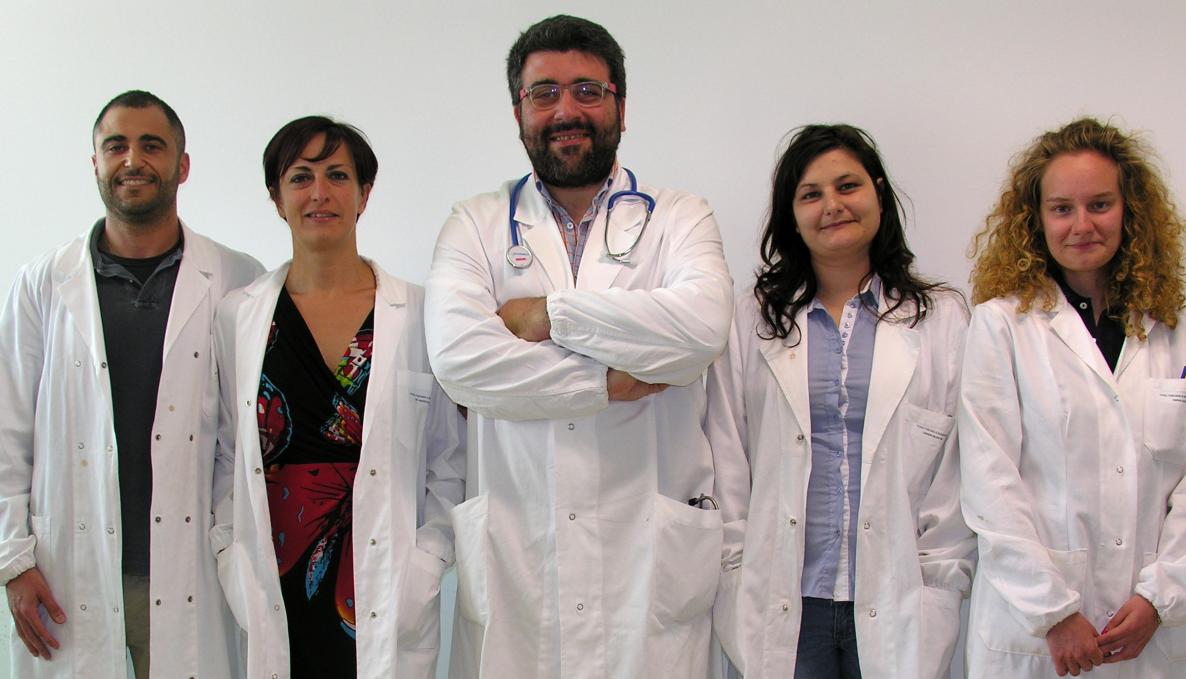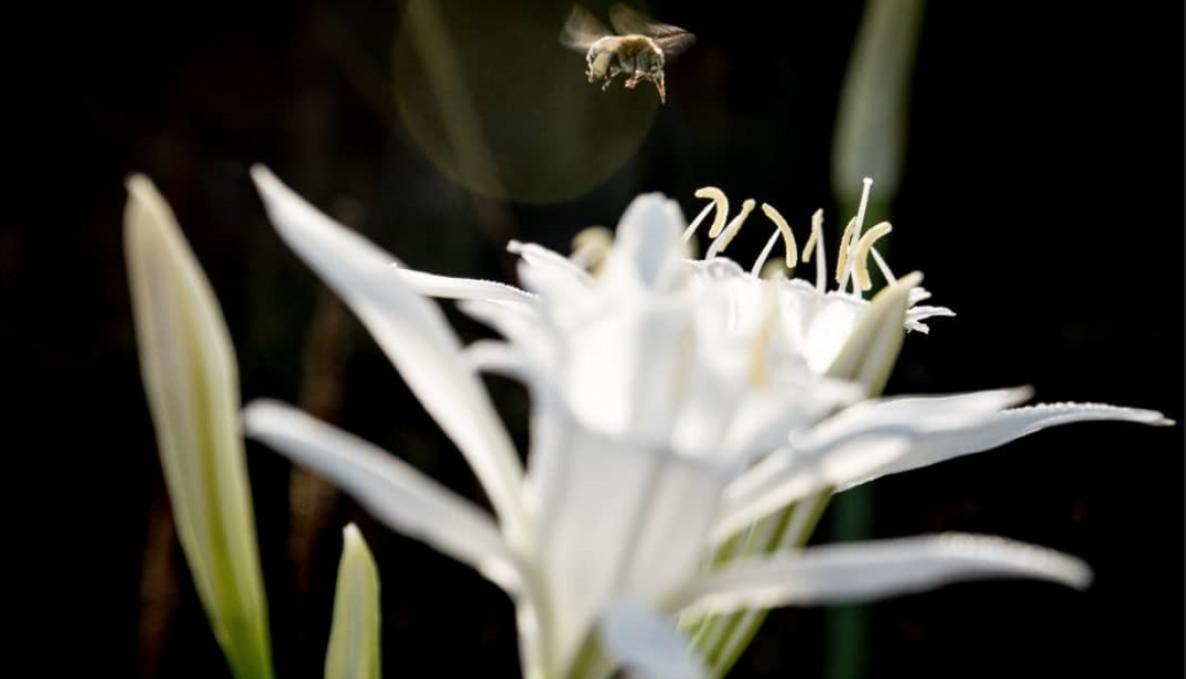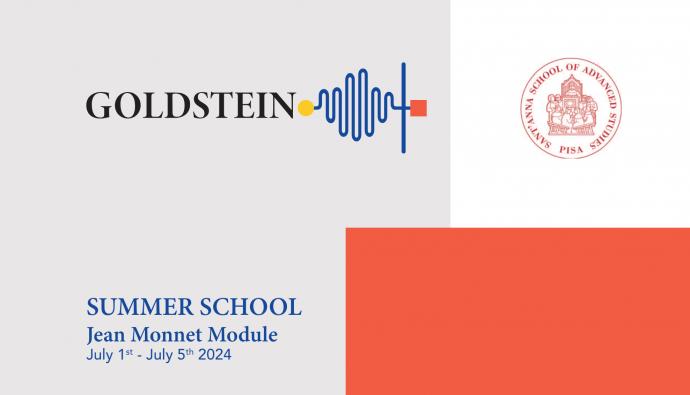TRANSLATIONAL CRITICAL CARE MEDICINE: RESEARCH ARTICLE BY LIFE SCIENCES TRANCRILAB SELECTED FOR AMERICAN HEART ASSOCIATION SCIENTIFIC SESSIONS SHOWS EXPERIMENTAL EVIDENCES OF PLATELET AGGREGATION INHIBITOR AS PERI-OPERATIVE CARDIAC PROTECTION

A research article by the scientists of Translational Critical Care Medicine Unit (TrancriLab) at the Sant’Anna School Institute of Life Sciences was selected for the Scientific Sessions of the American Heart Association held in Anaheim- California, on 11-15 November 2017, which gathered more than 18,000 researchers from all over the world. The study led by Valentina Casieri, research fellow at Institute of Life Sciences of Sant'Anna School of Advanced Studies, TrancriLab, showed that Ticagrelor, a platelet aggregation inhibitor, induces the release of exosomes protecting cultured cardiomyocytes against hypoxia-induced apoptosis; the smallest membrane-surrounded nano-vesicles, from human cardiac progenitor cells, may improve cardiac function after myocardial infarction.
Despite technical challenges in their purification, exosomes from various sources have been shown to be cardio-protective. The long-term pre-treatment with T-induced exosomes has potential as pharmacological activator of endogenous release of anti-apoptotic exosomes into the heart.
“Our research – said Vincenzo Lionetti, Professor of Anaesthesiology, Institute of Life Sciences of Sant'Anna School of Advanced Studies- shows experimental evidence of a drug for oral administration, without side effects, that may improve cardiac function through the release of exosomes from human cardiac progenitor cells. This study has further expanded the function of anti-apoptotic exosomes as a novel strategy for treatment of cardiac diseases”.
The research article “P2y12 Antagonism enhances the release of Anti-apoptotic Exosomes from Human Cardiac Progenitor Cells in vitro”, published in the journal “Circulation” on November 14 was co-written with Marco Matteucci of Institute of Life Sciences of Sant'Anna School of Advanced Studies; Lucio Barile of Swiss Institute for Regenerative Medicine (SIRM), Cardiocentro Ticino Foundation – Lugano; Emilio Pasanisi of Cardiovascular Medicine, Fondazione Toscana "G. Monasterio" and Regina Fritsche-Danielson of R&D, AstraZeneca, Mölndal, Sweden.
Cover photo: Vincenzo Lionetti and research team. Valentina Casieri is the second person from the right.



